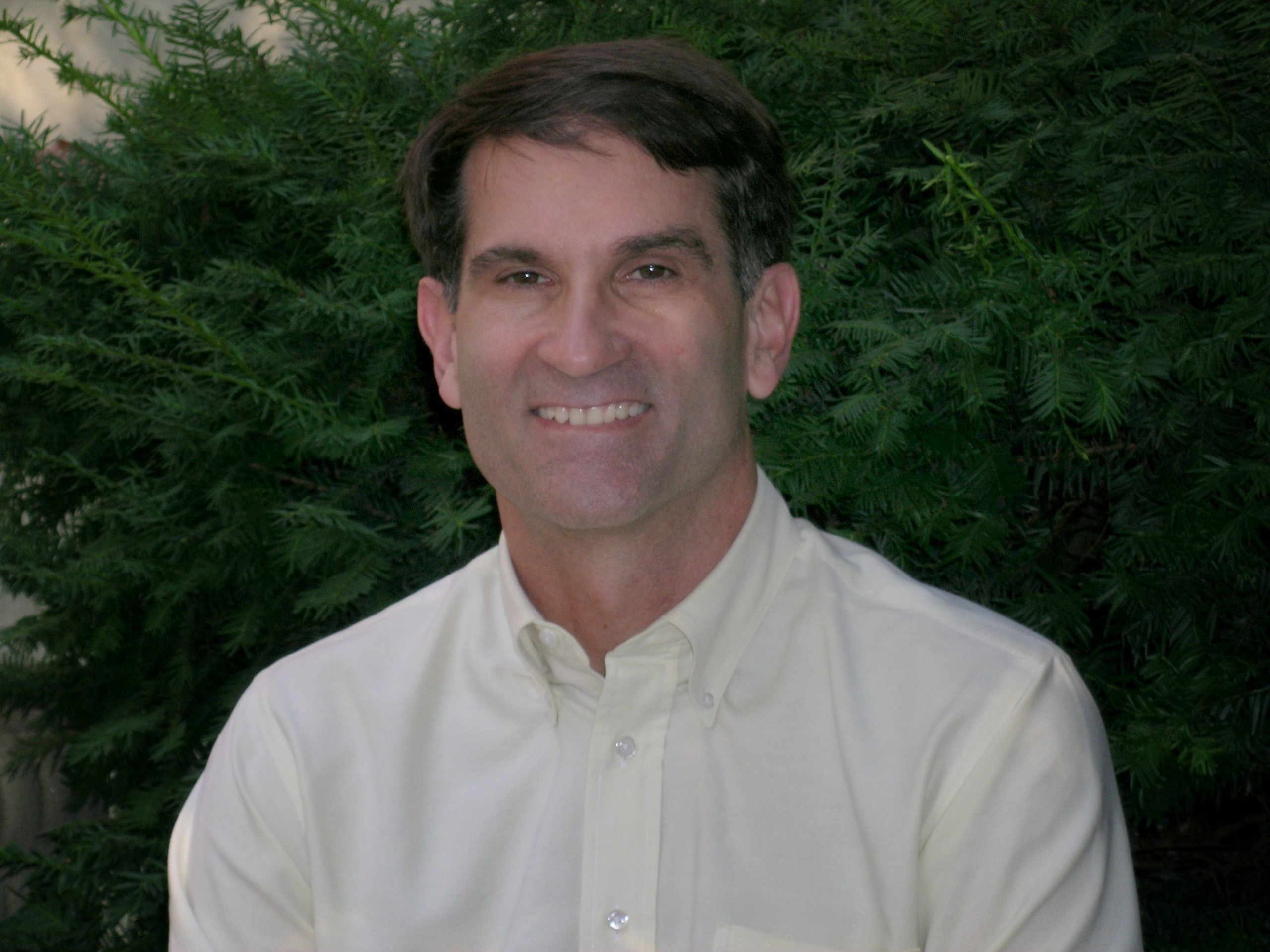Metropolitan Institute and partners awarded grant to help struggling cities

The U.S. Department of Housing and Urban Development (HUD) announced last week the selection of the German Marshall Fund (GMF) partnership as the recipient of the $2.5 million award to manage the Strong Cities, Strong Communities (SC2) fellowship program for HUD.
The partnership is comprised of the German Marshall Fund, Cleveland State University, and the Metropolitan Institute at Virginia Tech. Associate Director Joseph Schilling will serve as Virginia Tech’s principal investigator on this three-year project.
The fellowship program is the capacity building element of the White House-led SC2 initiative. SC2 is a pilot program focused on retooling and rebuilding the capacity of cities facing long-term economic challenges often known as cities in transition or legacy cities. Up to 30 fellows will be assigned to the six SC2 cities, which have been identified as:
- Chester, Pa.;
- Detroit;
- New Orleans;
- Fresno, Calif.;
- Memphis, Tenn.; and
- Cleveland, Ohio.
To fund the fellowship program, the Rockefeller Foundation donated $2.5 million to HUD to manage and implement the fellowship program. The GMF partnership was the winning proposal and will be responsible for implementing and administering the fellowship program.
“The Strong Cities Strong Communities Initiative represents a new and innovative way for the federal government to work with local governments, the private sector, and institutions of higher learning to support local economic growth and encourage community development,” said Melody Barnes, White House Domestic Policy Council Director.
"The Rockefeller Foundation is thrilled to support the Strong Cities Strong Communities Initiative, as part of our commitment to help vulnerable populations build resilience," said Rockefeller Foundation President Judith Rodin. “The selected fellows will bring new innovation to cities like New Orleans and Detroit in these rapidly changing times, and lend increased energy to communities that are already working to find ways to be resilient during a difficult economic period."
"At the Metropolitan Institute we strive to build collaborative research alliances,” said Director Kevin Desouza. “This grant gives us the opportunity to leverage the work we have done on cities in transition, vacant properties, and our emerging work in resiliency with global partners. We will continue to build international research partnerships that advance the goals of our partner institutions and Virginia Tech."
The fellowship program will be a competitive program that provides funding for early to mid-career professionals to work for 24 months in the six pilot cities to supplement existing local capacity. Virginia Tech’s Metropolitan Institute and CSU’s Center for Community Planning and Development (CPD) will take the lead on mentoring the fellows on an ongoing basis and evaluating the impacts from the fellows. Schilling and CPD’s Director Kathryn Hexter will serve as the Fellowship’s “Mentor Team” by coaching the teams of fellows and coordinating fellowship activities with sponsor organizations.
In addition to building the capacity of local governments, SC2 aims to encourage partnerships among local community organizations, anchor institutions, businesses, foundations and government agencies, to help leverage federal investments.
A part of the School of Public and International Affairs within the College of Architecture and Urban Studies, the Metropolitan Institute is one of Virginia Tech’s premier research initiatives. The institute, located in the National Capital Region, conducts basic and applied research on the dynamics of metropolitan complexities, such as demographics, environment, technology, design, transportation, and governance.
Dedicated to its motto, Ut Prosim (That I May Serve), Virginia Tech takes a hands-on, engaging approach to education, preparing scholars to be leaders in their fields and communities. As the commonwealth’s most comprehensive university and its leading research institution, Virginia Tech offers 240 undergraduate and graduate degree programs to more than 31,000 students and manages a research portfolio of $513 million. The university fulfills its land-grant mission of transforming knowledge to practice through technological leadership and by fueling economic growth and job creation locally, regionally, and across Virginia.




